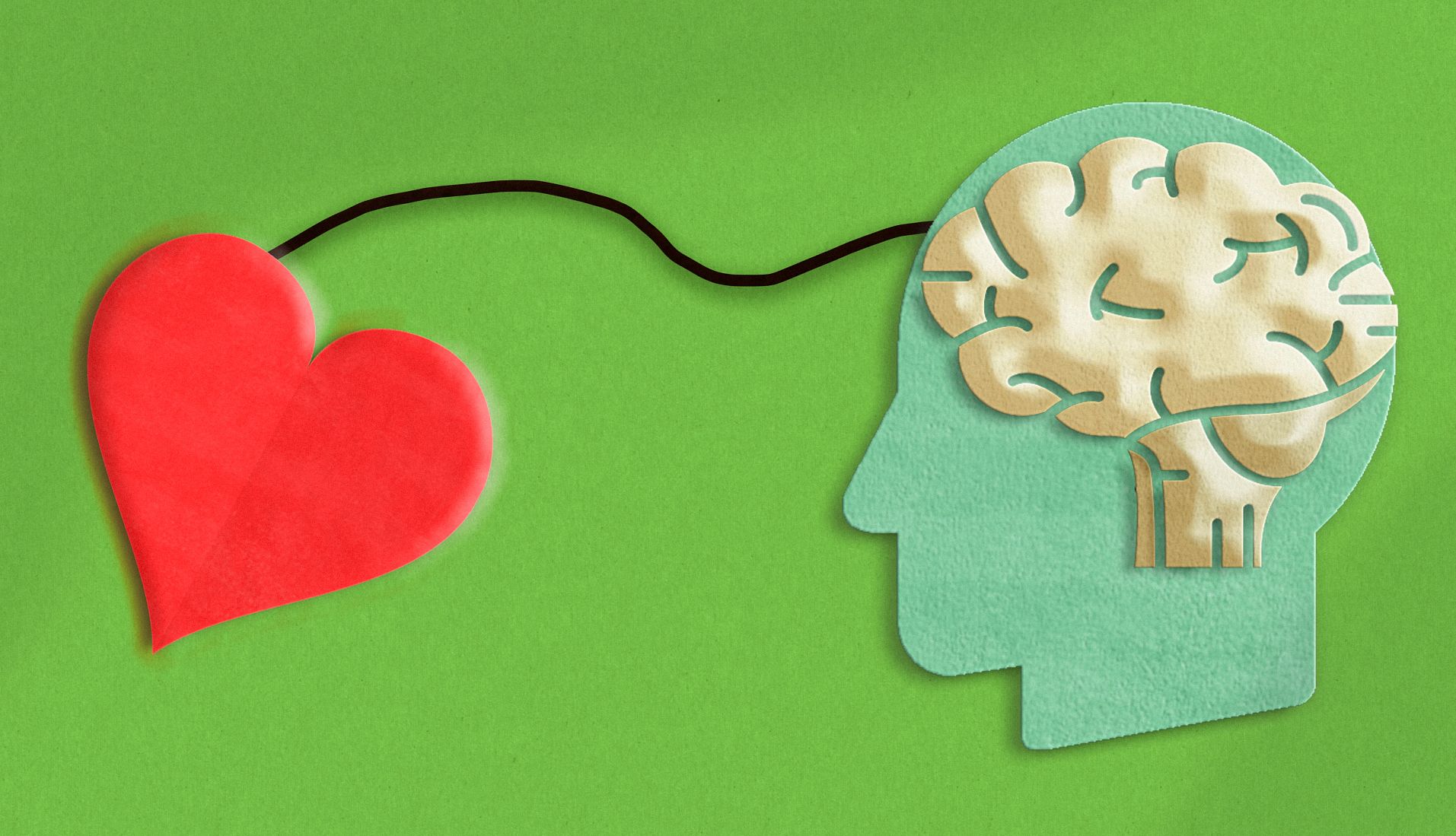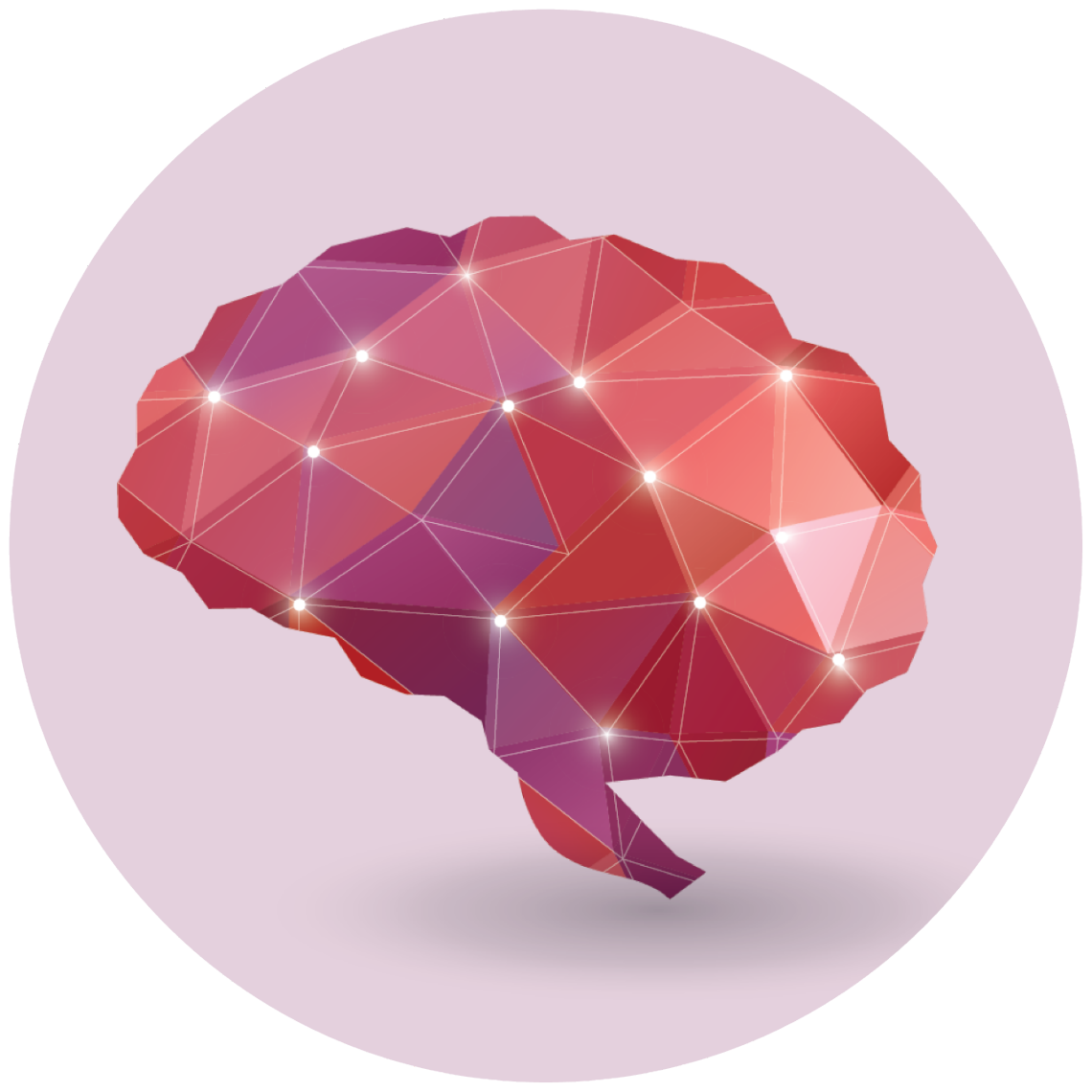AARP Hearing Center


Here’s another reason to keep your blood pressure in check (not that you need one): Doing so can reduce your risk of dementia. That was the message from some of the strongest evidence to date linking the two.
In a study published recently in the journal Nature Medicine, researchers tracked the blood pressure patterns of almost 34,000 people with uncontrolled hypertension in rural China to see if reducing their blood pressure would also reduce their risk of dementia. The average age of the participants was 63.
About half received treatment for high blood pressure — a combination of medication, lifestyle changes and coaching — while the other group received usual care (they received regular blood pressure management by their health care providers, but no lifestyle coaching or home monitoring). After four years, the participants who brought their blood pressure under control — below 130/80 millimeters Hg (mercury) — had a 15 percent lower chance of being diagnosed with dementia and 16 percent lower chance of cognitive impairment compared with the group that didn’t receive the intensive treatment.
The key was more aggressive blood pressure control, says the study’s lead author, Dr. Jiang He, professor and chair of epidemiology at the UT Southwestern O’Donnell School of Public Health.
Researchers have long known that high blood pressure can increase your risk of developing heart disease or having a stroke. More recently, they’ve zeroed in on how it also ups your chances of getting dementia and its common predecessor, mild cognitive impairment (MCI). These links have been recognized for a while; observational studies have shown that people with high blood pressure are at greater risk of developing dementia and MCI, and that taking blood pressure medication may help reduce those risks. But few, long-term studies have shown those effects to be significant until now, notes He: “In our randomized trial, participants achieved substantial blood pressure reduction and a statistically significant reduction in all-cause dementia.”





































































More From AARP
7-Day DASH Diet Meal Plan
Help manage your blood pressure and balance blood sugar levels
High Blood Pressure Symptoms, Causes and Tests
A resource guide for older adults facing hypertension
3 Ways Black Americans Can Combat Dementia
The statistics are sobering, but there’s a silver lining
Brain Health Resource Center
Find explainers on diseases of the brain plus healthy habits to support memory and mental skills